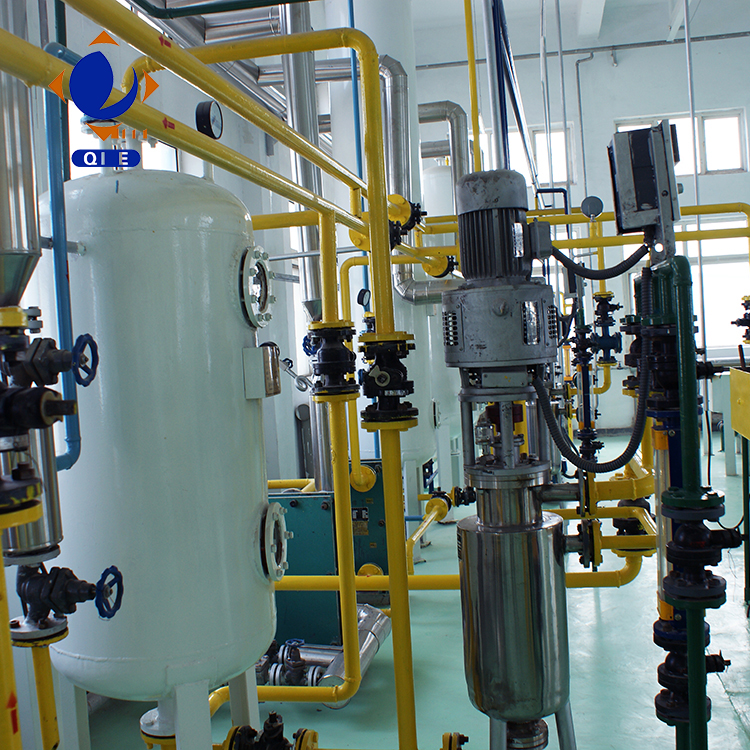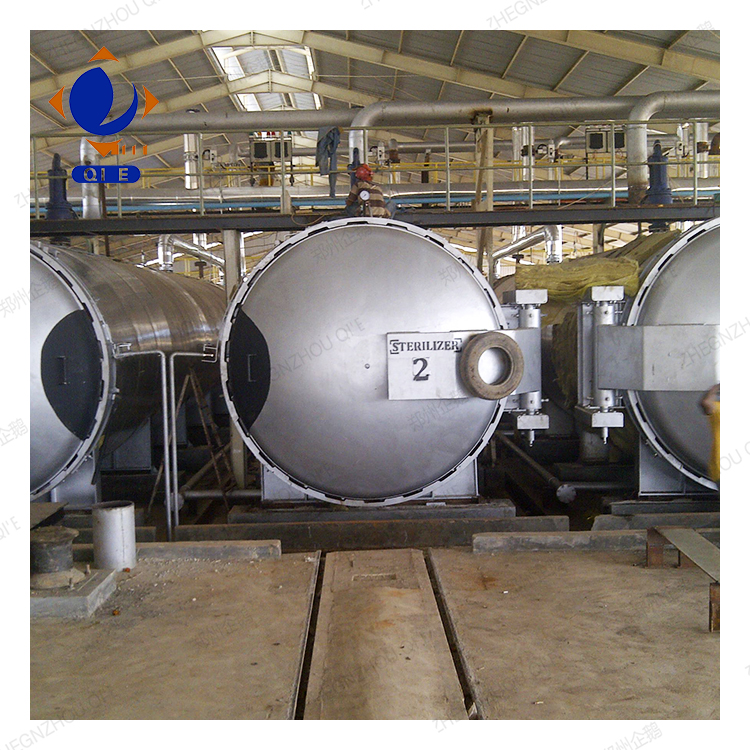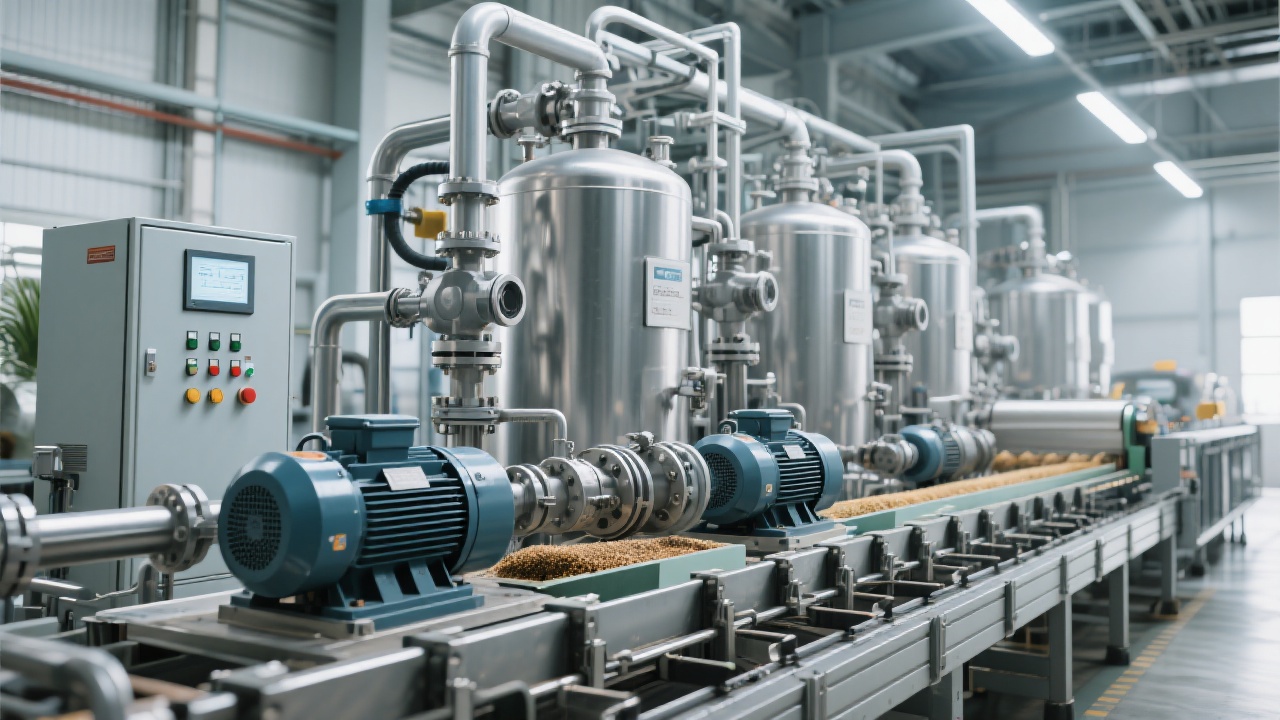
In the competitive world of edible oil manufacturing, seamless integration and automation are redefining productivity, sustainability, and product quality. The fully automated sesame oil production line from Qilu Group exemplifies how cutting-edge engineering harmonizes process efficiency with environmental responsibility. This article dives deep into the technical architecture of these integrated systems — from raw material handling through cleaning, drying, oil extraction, filtration, and automatic bottling — highlighting the eco-friendly designs that lower operational costs while ensuring stringent food safety standards.
The production line encompasses multiple modular sections designed to operate with minimal human intervention. Starting with raw sesame seeds, the system advances through:
This seamless workflow under Industrial 4.0 principles not only accelerates production cycles by 25-30%, but also minimizes manual errors and contamination risks.

The production line’s environmental credentials are engineered into its design:
| Feature | Benefit | Efficiency Gain |
|---|---|---|
| Intelligent Energy Recovery | Captures and reuses heat during drying and pressing phases | Reduces energy consumption by 18% |
| Water Recycling System | Minimizes fresh water usage during cleaning stages | Cut water waste by up to 35% |
| Low-Emission Motors & Drives | Enhance mechanical efficiency and reduce carbon footprint | 30% lower CO₂ emissions vs traditional equipment |
The full-encapsulation production line provides rigorous protection against environmental contamination, supporting not only healthier products but also meeting international food safety certifications like ISO 22000 and HACCP.

Across diversified grain and oil processing enterprises, deploying fully automated sesame oil lines has yielded notable productivity and economic benefits. In one documented case, a mid-sized enterprise increased daily output by 30%, while cutting labor costs nearly 25%, primarily by leveraging automation and real-time production monitoring.
Furthermore, customers appreciate the flexible customization options, enabling system scaling to fit capacities from 1 to 10 tons per day without compromising on quality or automation integrity. This adaptability allows producers to optimize capex and opex in alignment with market demands.

By facilitating remote diagnostics, predictive maintenance, and data analytics, the system empowers decision-makers to maintain uptime exceeding 98% and reduce unplanned downtime by 40%, a critical factor in today's competitive food manufacturing sector.
The evolution toward Industry 4.0 integration positions these production lines beyond simple mechanization. They serve as intelligent platforms aggregating sensor data, controlling process parameters dynamically, and enabling traceability from raw input to finished product packaging. This transparency supports regulatory compliance and builds consumer trust in premium sesame oil brands worldwide.
Investment in such advanced production lines is not merely a cost center but a strategic enabler to unlock higher margins, accelerate time-to-market, and reinforce brand reputation through consistent, premium-quality offerings.
Contact Our Experts for Tailored Integrated Sesame Oil Solutions

